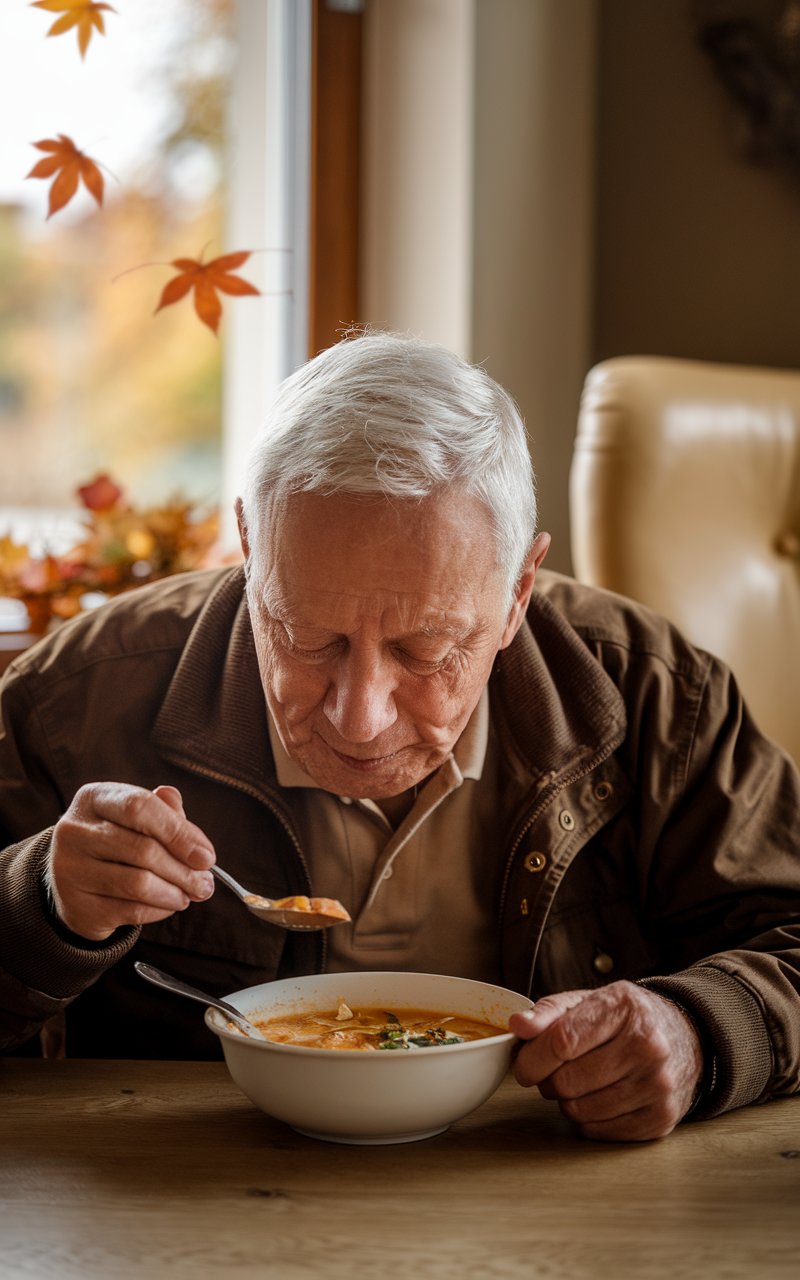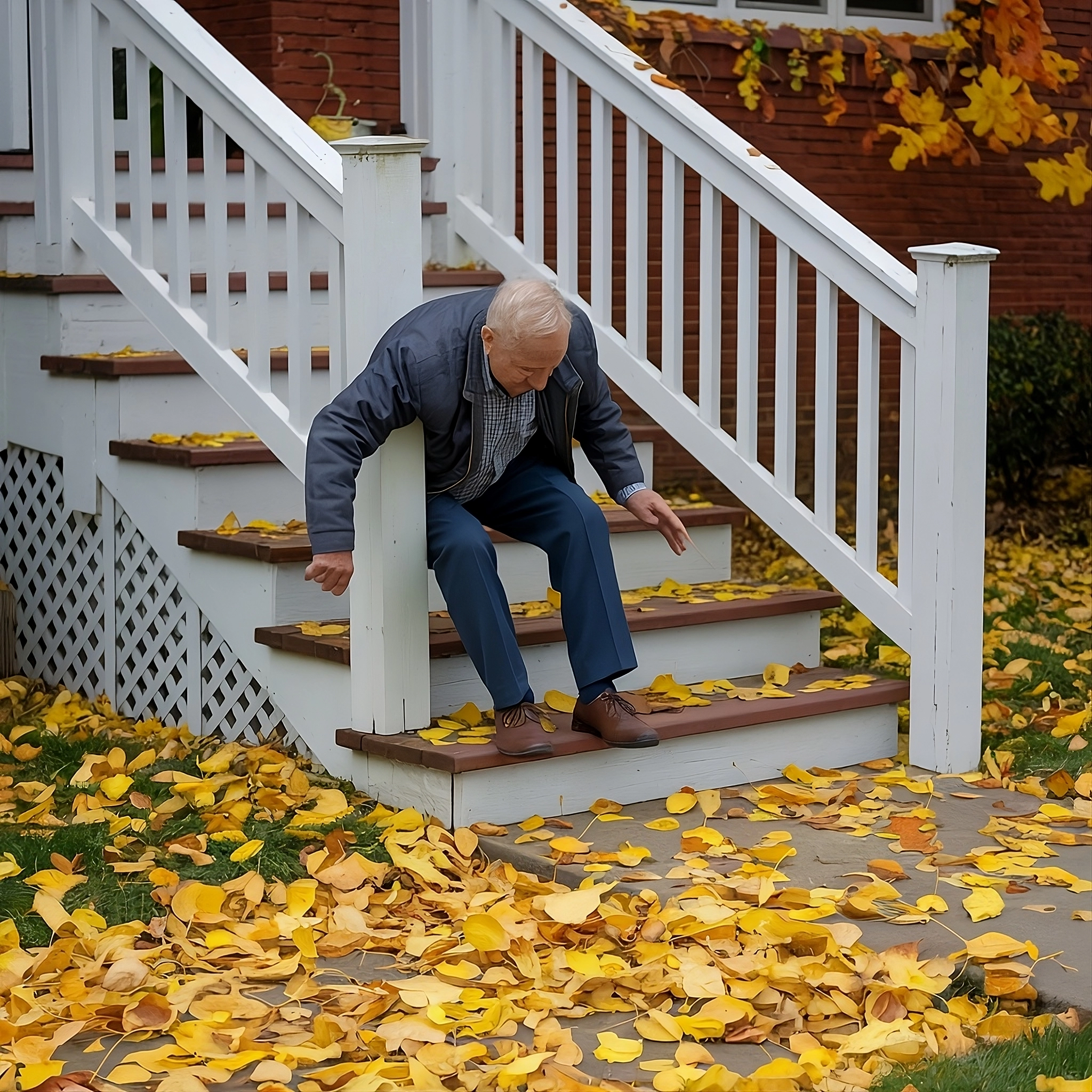As the weather changes, caregivers face unique challenges in keeping their aging loved ones safe and healthy. Cold temperatures can increase the risk of illnesses like hypothermia and worsen mobility issues, making it crucial to take extra precautions. Here are some tips for caregivers to help manage these challenges and ensure the well-being of their loved ones during colder months.
1. Keep Aging Loved Ones Warm
Seniors are more susceptible to cold-related illnesses due to decreased body fat and lower circulation. To prevent hypothermia:
- Dress in Layers: Encourage wearing multiple layers of clothing, including thermal undergarments, to retain body heat.
- Use Blankets and Heating Aids: Keep extra blankets on hand, and use space heaters or electric blankets (with safety features) to keep living spaces warm.
- Monitor Indoor Temperature: Make sure the home stays at a comfortable temperature (around 68-72°F). Check for drafts and seal windows or doors if necessary.
2. Prevent Falls and Mobility Issues
Cold weather can make outdoor surfaces slippery and exacerbate joint pain, making it harder for seniors to move around safely.
- Use Non-Slip Footwear: Make sure your loved one wears shoes with good traction, even indoors, to reduce the risk of slipping.
- Install Handrails: Add handrails or grab bars in entryways, bathrooms, and other areas where your loved one may need extra support.
- Clear Walkways: If going outdoors, make sure sidewalks and driveways are free of ice and snow. Use salt or sand to improve traction.
3. Stay Active Indoors
Mobility can decrease during the winter months when seniors are less likely to go outside for walks or exercise. Encourage indoor activities to keep joints flexible and muscles strong.
- Try Light Exercises: Gentle stretching, yoga, or chair exercises can help maintain mobility.
- Encourage Movement: Simple activities, like walking around the house or using a stationary bike, can keep circulation healthy.
4. Watch for Signs of Cold-Related Illnesses
Older adults may not feel cold or discomfort as easily as younger individuals, which increases the risk of undetected hypothermia or frostbite.
- Look for Symptoms: Signs of hypothermia include shivering, confusion, slow speech, and drowsiness. If any symptoms appear, seek medical help immediately.
- Regularly Check on Your Loved One: Frequent visits or phone calls can help ensure they’re staying warm and safe.
Being prepared for changing weather conditions can help caregivers prevent cold-related illnesses and mobility challenges in aging loved ones. With these precautions, you can keep your loved one safe and comfortable during the colder months.



